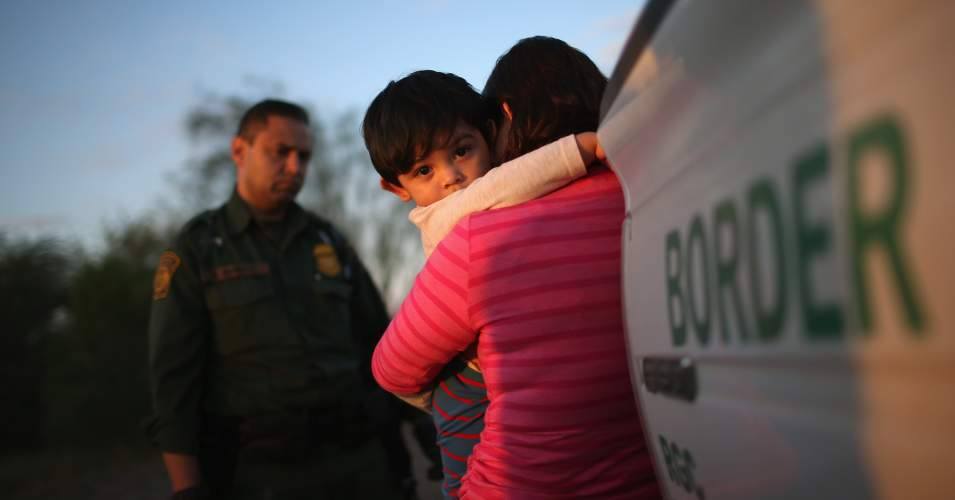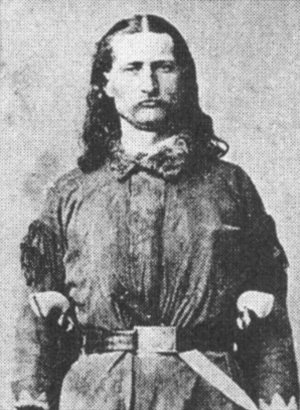Bobby Kennedy was complex, to say the least.
As a boy, he watched his father shower his attention and praise on his older brothers and drew closer to his pious mother. Bobby was the fragile, devoutly religious son who was devoted to his mother and seemed to be the antithesis of his hard-driving, callous father, who openly called him a ”runt.” Bobby’s brothers found his brooding prudishness tiresome and dubbed him "Black Robert."
When his brother Joe Kennedy Jr. was killed in World War II, Joe Senior began to pay more attention to Bobby, who focused on winning his father’s respect by toughening both his body and his image. Bobby made the varsity football team at Harvard. He scored a touchdown in his first game but soon after broke his leg in practice. To qualify Kennedy for a letter that season, his coach had him play the final minutes of the last game wearing a cast on his leg.
Kennedy enlisted in the Naval Reserve and worked as a journalist for the Boston Post. He made his first foray into politics by working on his brother John’s Senate campaign in 1952. He worked for six months for his father’s pal, Republican Senator Joe McCarthy, as assistant counsel to McCarthy before joining the staff of the Democratic minority on various committees. Kennedy’s newfound pugnaciousness was at its height in the 1950s; his combativeness made him lifelong enemies in Roy Cohn, McCarthy’s notorious aide, FBI Director J. Edgar Hoover, Teamster chief Jimmy Hoffa, and Senator Lyndon Johnson. After Bobby’s aggressive, win-at-any-cost management of JFK's presidential campaign, Joe Senior declared that Bobby was the toughest of his sons and the one most like him—seemingly a total turnaround inside the family.
But after his brother appointed him attorney general, the side of Bobby Kennedy that genuinely valued public service began to re-emerge. In the early days of the Kennedy administration Bobby authorized wiretaps on Martin Luther King’s phone, urged King to dismiss aides who suspected of being communists, worked to cut short the protests of the Freedom Riders, and failed to take up civil rights complaints. Civil rights leaders mistrusted him. But over time his commitment to that cause—and his determination to use his power to help it—deepened. Bobby convinced his brother to make an address to the nation in support of civil rights. He sent U.S. marshals to Alabama to protect James Meredith when he became the first black to enroll at Ole Miss. He oversaw a huge expansion of the Justice Department’s Civil Rights division, including the hiring of its first black lawyers, and undertook to desegregate the administration, criticizing Vice President Johnson for not hiring blacks to his staff. Bobby saw voting rights as being critical to racial progress, and he had a major hand in crafting what became the 1964 Civil Rights Bill.
His brother’s assassination in 1963 shattered him. It also forced him to confront his own dark side and where it had led him. Bobby Kennedy had fought with the FBI. He had tangled with the CIA after the Bay of Pigs fiasco. He had aggressively prosecuted the Mafia. He had let it known to the U.S. intelligence agencies that he was interested in getting rid of Fidel Castro. Bobby Kennedy wondered whether all of these murky threads had somehow come together in Dallas--whether the CIA or the mob had partnered with Castro to engineer his own brother’s death. Literally within minutes of learning that the President had died, Bobby Kennedy had the White House taping systems dismantled, ordered that the locks to the President’s files changed, and scheduled a meeting with the CIA director to ask him point blank whether the CIA had any role in the assassination. (He was told no.) Bobby stayed clear of the Warren Commission and never publicly questioned its findings.
Bobby started over, with a new fatalism. He read Aeschylus and Shakespeare, both of whom he could quote at length from memory. He struggled with depression and with the pressure of maintaining the short Kennedy legacy during the era of Johnson, a man he viscerally despised. He resigned as attorney general and, pushing aside prominent Democratic politicians in New York, was elected Senator from that state in 1964.
Kennedy’s commitment to civil rights and to making progress against poverty and social injustice surged again after a tour of rural areas in Mississippi in 1967. His daughter Kathleen remember him returning from that trip and lecturing his children on what he had seen in the Delta and their responsibility to assist people in need. He reached out to California labor activist Cesar Chavez and lent credibility and financial support to the efforts of the United Farm Workers union. He gave a speech advocating for new healthcare programs for the poor and was heckled by white medical students who wanted to know where the money would come from. “From you,” Kennedy told them. "I look around this room and I don't see many black faces who will become doctors. I don't see many people coming here from slums, or off the Indian reservations. You are the privileged ones here. You sit here as a white medical student, while black people carry the burden of the fighting in Vietnam."
Kennedy avoided criticizing Johnson’s handling of the Vietnam War before the 1966, but the next year he proposed his own three-point solution and was lobbying Johnson to suspend his bombing of North Vietnam. He privately told Johnson that he would not challenge the President for the 1968 nomination if Johnson would admit publicly that he had been wrong on Vietnam; Johnson turned down his offer. But Kennedy was far more equivocal on the war than Eugene McCarthy, who launched an insurgency against Johnson. Kennedy’s more vague position was that he would not summarily withdraw or “surrender” in Vietnam but would seek an “honorable peace.”
March of 1968 was a cyclone of political events. Although he had supposedly decided to challenge Johnson the month before, when he was helping Cesar Chavez break a long hunger strike, Kennedy decided to announce after the March 12 New Hampshire primary. McCarthy’s strong showing, achieved by his army of student volunteers and antiwar activists, showed that the war had fatally weakened Johnson with voters. Four days later, Kennedy announced his candidacy and was immediately denounced as a crass opportunist by McCarthy and his supporters, who justifiably felt that he was trying to profit from the hard work they had done to turn the tide against the President. On March 31, President Johnson stunned the world by announcing that he would not seek re-election. Vice President Hubert Humphrey, who had made his reputation as a firebrand for social justice but had been reduced to a pitiful apologist for the Vietnam War, entered the race.
The next three months were a dog fight for the future of the Democratic Party. Martin Luther King was assassinated in April. Kennedy, who was campaigning in Indianapolis, Indiana, spoke to a predominantly black crowd in that city. In one of the most remarkable, extemporaneous addresses in political history, Kennedy broke the news to them that King had been killed and made the case against a violent reaction. McCarthy had the young antiwar activists and the intellectuals, who had already been working for him for a year. Kennedy’s coalition consisted mainly of the poor, Catholics, keepers of the Camelot flame, African Americans and other minorities. Humphrey was counting on his coalition of the Democratic Party establishment, big-city bosses, conservative and southern Democrats who couldn’t go for George Wallace, labor unions, and the understanding that Johnson would end the war before the election.
Humphrey did not compete in the 1968 primaries, focusing on the states where the party leaders chose the nominee and quickly taking the delegate lead. In the primaries where they did not directly compete with each other, McCarthy won in Wisconsin, Pennsylvania, Massachusetts, New Jersey and Illinois while Kennedy got the nod in South Dakota. In the states where they did go toe to toe, Kennedy carried two (Indiana and Nebraska) and McCarthy beat Kennedy in Oregon.
The June 5th primary in California was critical to Kennedy. His chance for the nomination was to win there and beyond and convince McCarthy to drop out so that Kennedy could go one on one against Humphrey without the antiwar vote being split. California matched up well with Kennedy’s coalition of the disenfranchised. His longshot campaign hung on winning there and beyond and somehow convincing McCarthy to drop out so that he could go one on one against Humphrey at the convention in Chicago.
In the early morning of June 6, after he was declared the winner in California by four percentage points, Kennedy was leaving his campaign center at the Ambassador Hotel in Los Angeles by improvising a route through the kitchen to avoid the press. As he paused to shake hands with Juan Romero, a busboy, several shots rang out. As onlookers frantically wrestled with gunman Sirhan Sirhan, Kennedy fell sprawled on the floor. Romero knelt down and placed a rosary in Kennedy’s hand.
The writer Pete Hamill, who had been standing behind Kennedy when the shooting happened, looked down at his friend. “There was a kind of look on his face that was, ‘I knew this was gonna happen.’”
Whatever realizations were surging through Kennedy’s mortally wounded brain at that precise moment about his own condition, Kennedy’s reaction was to look to Romero.
“Is everybody okay?” he asked.

















